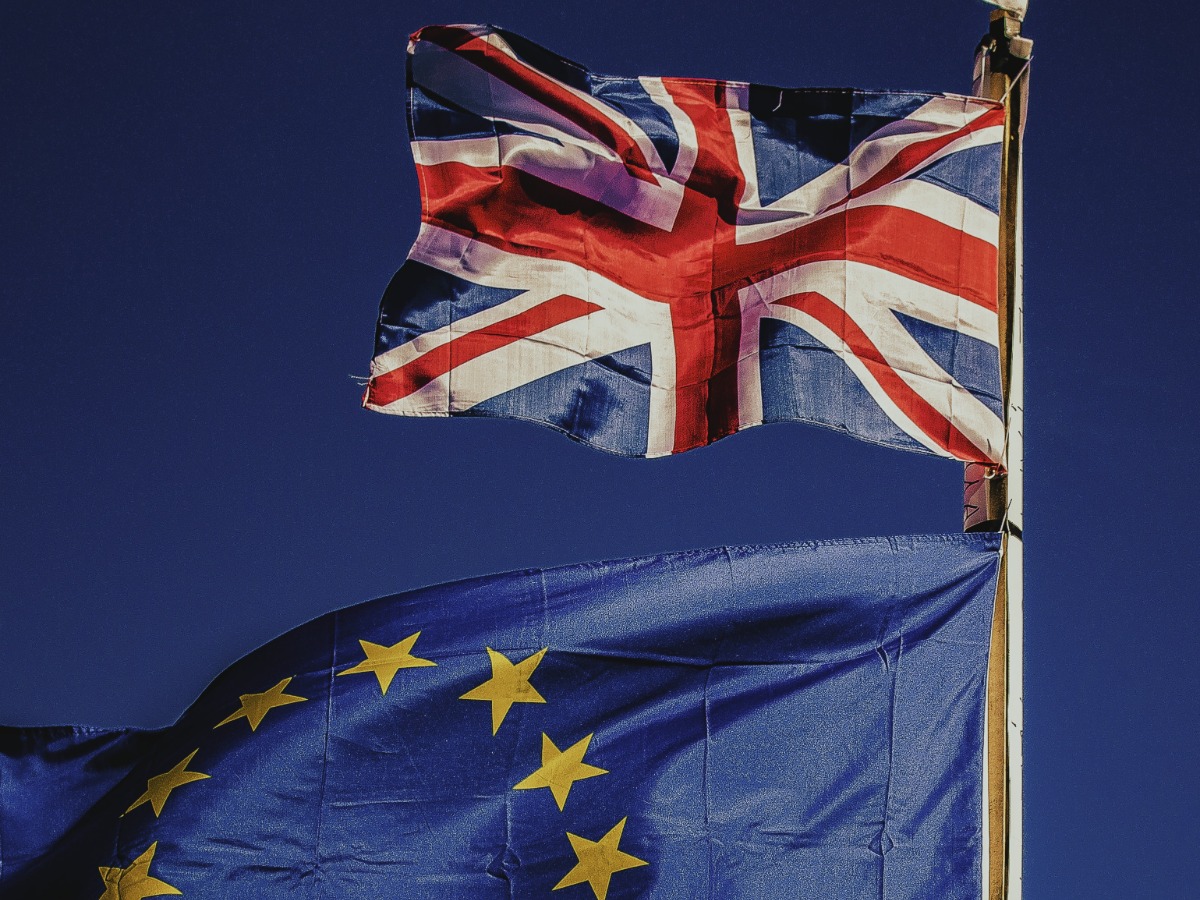Brexit Checklist: Six Areas to Consider

With the arrival of Brexit and the changes surrounding it, every UK business will be affected. Navigating what you need to do can be challenging, with a range of impacts to assess, from imports/exports and taxes, to data and employment. Our Brexit checklist outlines six key areas for your business, so you can adapt quickly and avoid issues such as port delays and employee movements.
1. Cash and Reporting
The economic consequences of Brexit remain unclear, depending on free trade agreements. If you can, you should plan where your business can get additional cash, especially with the pandemic’s impact on sales and stock levels. You should also consider reporting changes, with doubts around estimates, strategy and viability; it’s important to distinguish between direct business challenges, and broader country uncertainties. Check contracts and INCOTERMS to see how they approach uncertainty or trading conditions change – and clarify terms across the EU border if you’re becoming an international trader.
2. New Markets and Personal Data
Brexit may impact your trade efficiency with EU countries, so you should explore opportunities across rest-of-world. First movers often have an advantage, and it could be that trading conditions with non-EU countries are a commercial improvement. In terms of personal data, check if you receive any from the EEA – EU GDPR law will no longer apply, but the government does intend to write this into UK law. EU-UK Data transfer can only take place with appropriate SCCs until the EU makes an ‘adequacy’ decision, yet UK-EU transfer remains unaffected (as well as non-EU countries).
3. Custom Procedures for Imports/Exports
Between EU countries, there are no import custom duties, but these will apply between the UK and EU without a free trade agreement. Regardless, your business needs to consider the following, otherwise you may not be able to trade at all:
- GB EORI number and EU EORI number to trade and make Customs Declarations
- Customs Intermediary such as an agent, FPO, FF or broker to offer advice
- Duty Deferment account to avoid settling duties due at port
Tariff rates between the UK and rest-of-world are also subject to EU rules, yet these may change depending on negotiations and the WTO. With this in mind, it’s important to consider how new rates (from zero to high) may impact on your pricing and purchasing decisions. Rates depend on the type of goods, their customs value, where they’re being imported into, and where they came from.

4. Postponed VAT Accounting
After Brexit, VAT-registered traders can use postponed VAT accounting for imports (if authorised by HMRC), where they can settle VAT on their VAT return, rather than immediately at port. For consignments that don’t exceed £135, the tax collection moves from importation to point of sale. If you sell online, think about registering for MOSS to claim refunds on EU sales – your business can continue using this system by registering in an EU state. If you’re not VAT-registered or using the postponed system, you’ll need to deal with import VAT through customs processes.
5. Border Control
You need to be familiar with customs procedures at UK and EU borders, to avoid goods being rejected, delayed, or given additional charges. The UK Border Operating Model outlines a simplified three-stage process from January-June 2021, with rules depending on when you cross the border, the type of goods, and the port’s system. Some use a pre-lodgement model, and some use a temporary storage model – you’ll also find specific advice from transport providers such as Eurotunnel freight and French customs.

6. Travel and Employment
For business travel to most EU countries, existing passports will need at least six months until expiry. If not, or your passport is over 10 years old, you’ll need a new UK passport. In terms of employment, you can still hire EU citizens, and the right-to-work status checks are remaining the same until June 2021. However, from January, EU citizens will need a visa to work in the UK, with an approved employer sponsor (application to become one can take up to eight weeks). Existing EU employees will need to apply to the EU Settlement Scheme.
The Brexit process has been difficult, but with our checklist, your business should be better equipped for change. Need help with imports/exports? Then see our range of professional and dedicated shipping services. Contact Andrews Shipping today.
